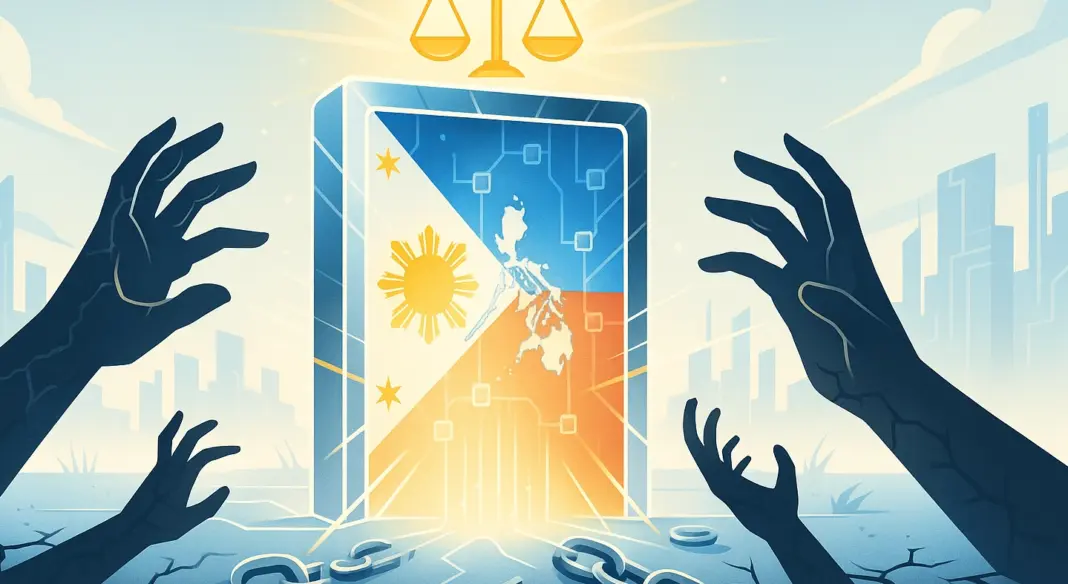In a bold move that sounds like sci-fi but is very much real, the Philippines has decided to tack its public records onto blockchain, the digital ledger everyone talks about but few fully understand.
The goal? To stomp out corruption, amp up transparency, and build unbreakable trust with digital records that can’t be meddled with, or erased by the usual suspects.
Independent validators
Following weeks of loud protests over shady dealings in public works and flood control projects, officials turned to technology’s trusty superhero, the blockchain.
This isn’t some half-baked promise, they’re using Polygon, an Ethereum-compatible network famous for speedy processing and rock-solid security.
Each government record gets time-stamped and locked in on this blockchain, creating a permanent digital breadcrumb trail for anyone brave enough to follow.
To make sure no funny business happens, independent validators, think civic groups, universities, and watchdog organizations, check and double-check everything, logging their findings with cryptographic keys more secure than Fort Knox.
Stay ahead in the crypto world – follow us on X for the latest updates, insights, and trends!🚀
Visibility
BayaniChain, a local blockchain startup, is the brains behind this rollout, spearheaded by co-founder Gelo Wong.
Wong says that blockchain’s magic lies in stopping any secret edits. Fellow co-founder Paul Soliman adds it replaces useless verbal promises with cold, hard proof you can actually see online.
No hiding behind bureaucracy anymore, now citizens can witness exactly how projects progress, step by undeniable step.
This digital crusade is called the Integrity Chain, tracking everything from public works to highways.
It’s starting in the Department of Public Works and Highways, but officials want to roll it out across other agencies and eventually cover the Philippines’ $98 billion annual budget.
Imagine a public ledger so big and visible that it makes sneaky government shenanigans nearly impossible.
The validators’ secret sauce is a rotating system of cryptographic keys, randomly assigned to keep collusion at bay. It’s like having a watchdog with a new set of teeth every single review cycle.
This distributed approach is a nifty safeguard where government offices often trip over themselves trying to stay honest.
Transparent government system
Blockchain isn’t just paper-pushing here. Officials are already testing it for identity protection and fighting deepfakes, thanks to Polygon’s secure, traceable signatures.
If successful, the technology could branch out into health, education, and finance, nudging the Philippines toward a fully transparent digital government system.
Sure, this isn’t the smoothest ride, why would it be, challenges like cybersecurity, integrating with old systems, and scaling remain, I promise no fairy tale here.
But blockchain’s unchangeable nature might just be the weapon the country needs to tackle fraud and corruption head-on.
Disclosure:This article does not contain investment advice or recommendations. Every investment and trading move involves risk, and readers should conduct their own research when making a decision.
Kriptoworld.com accepts no liability for any errors in the articles or for any financial loss resulting from incorrect information.
Cryptocurrency and Web3 expert, founder of Kriptoworld
LinkedIn | X (Twitter) | More articles
With years of experience covering the blockchain space, András delivers insightful reporting on DeFi, tokenization, altcoins, and crypto regulations shaping the digital economy.
📅 Published: September 27, 2025 • 🕓 Last updated: September 27, 2025
✉️ Contact: [email protected]


